The Rise Of Artificial Intelligence In Home Decor: A New Era Of Personalized Design
The Rise of Artificial Intelligence in Home Decor: A New Era of Personalized Design
Related Articles: The Rise of Artificial Intelligence in Home Decor: A New Era of Personalized Design
Introduction
With great pleasure, we will explore the intriguing topic related to The Rise of Artificial Intelligence in Home Decor: A New Era of Personalized Design. Let’s weave interesting information and offer fresh perspectives to the readers.
Table of Content
The Rise of Artificial Intelligence in Home Decor: A New Era of Personalized Design

The world of interior design is undergoing a significant transformation, driven by the emergence of artificial intelligence (AI). This technology is revolutionizing how we approach decorating our homes, offering personalized solutions, streamlining processes, and enhancing the overall design experience.
Understanding AI’s Role in Home Decor
AI’s impact on home decor is multifaceted, extending from initial inspiration to the final execution of design choices. Here are some key areas where AI is making a difference:
1. Personalized Design Recommendations:
Traditionally, finding the perfect design style for your home involved sifting through countless images, magazines, and websites. AI algorithms can now analyze your preferences, lifestyle, and budget to generate customized design recommendations. By analyzing your existing furniture, colors, and personal style, AI tools can suggest specific pieces, color palettes, and layouts that align with your taste.
2. Virtual Home Staging and Visualization:
Visualizing how furniture and decor will look in your space can be challenging. AI-powered virtual home staging tools allow you to experiment with different furniture arrangements, color schemes, and lighting without physically moving anything. These tools use 3D modeling and computer vision to create realistic renderings of your home, offering a virtual preview of potential design choices.
3. Smart Home Integration:
AI is also playing a crucial role in integrating smart home technology with interior design. Smart lighting, thermostats, and appliances can be controlled and customized through voice commands or mobile apps, creating a seamless and responsive living environment. AI algorithms can learn your preferences and automatically adjust settings based on your habits and routines, enhancing comfort and energy efficiency.
4. Enhanced Shopping and Procurement:
AI-powered shopping platforms use algorithms to suggest products based on your design preferences and budget. They can also analyze your past purchases and browsing history to provide personalized recommendations. Additionally, AI can streamline the procurement process by identifying the best deals and suppliers, ensuring efficient and cost-effective sourcing of materials and furniture.
5. Data-Driven Design Insights:
AI analyzes vast datasets on design trends, popular styles, and consumer preferences, providing valuable insights for designers and homeowners alike. This data can inform design decisions, predict future trends, and identify emerging styles, helping to create spaces that are both aesthetically pleasing and relevant.
The Benefits of AI in Home Decor:
The integration of AI in home decor brings numerous benefits:
1. Accessibility and Affordability:
AI-powered design tools and platforms make professional-level design services more accessible and affordable. Individuals can now access personalized design recommendations and virtual staging without hiring expensive interior designers.
2. Time Efficiency:
AI automates many design tasks, saving time and effort for homeowners. From generating design ideas to sourcing products and managing projects, AI tools streamline the entire design process.
3. Enhanced Personalization:
AI enables a level of personalization that was previously unimaginable. By analyzing individual preferences and data, AI algorithms can create truly unique and customized designs that reflect your personal style and needs.
4. Data-Driven Decision Making:
AI provides data-driven insights that inform design decisions, ensuring spaces are not only visually appealing but also functional and relevant to current trends and preferences.
5. Improved Efficiency and Sustainability:
AI can optimize resource allocation, minimizing waste and maximizing efficiency in the design and procurement process. By analyzing data and identifying optimal solutions, AI can contribute to a more sustainable and eco-conscious approach to home decor.
FAQs about AI in Home Decor
1. Is AI replacing interior designers?
No, AI is not replacing interior designers but rather augmenting their skills. AI tools provide designers with valuable insights, streamline their workflows, and help them create more personalized and efficient designs.
2. How can I use AI for home decor?
There are various AI-powered tools and platforms available for home decor. Some popular options include:
- Design Recommendation Apps: These apps analyze your preferences and suggest design ideas, color palettes, and furniture.
- Virtual Home Staging Tools: These tools allow you to visualize different furniture arrangements and design choices in your home virtually.
- Smart Home Integration Platforms: These platforms connect and control your smart home devices, allowing you to personalize your living environment.
3. Is AI in home decor safe and secure?
AI-powered home decor tools are generally safe and secure. Reputable platforms use encryption and other security measures to protect your personal data. It’s important to choose tools from trusted developers and read their privacy policies carefully.
4. What are the limitations of AI in home decor?
While AI is a powerful tool, it has limitations. It cannot fully replace human creativity and intuition, and it may struggle to understand complex design concepts or personal preferences that are not easily quantifiable.
5. What is the future of AI in home decor?
The future of AI in home decor is promising. Expect to see further advancements in personalization, virtual reality applications, and integration with smart home technology. AI will continue to evolve, offering even more innovative and personalized design solutions.
Tips for Using AI in Home Decor
1. Define Your Design Goals: Before using AI tools, clearly define your design goals and preferences. This will help you make informed decisions and ensure the AI recommendations align with your vision.
2. Experiment and Explore: Don’t be afraid to experiment with different AI tools and platforms. Try out various features and see which ones best suit your needs and style.
3. Leverage Data Insights: Pay attention to the data insights provided by AI tools. These insights can help you understand design trends, popular styles, and customer preferences, informing your design choices.
4. Combine AI with Human Expertise: While AI can provide valuable assistance, it’s important to combine it with human expertise. Consult with interior designers or other professionals for personalized advice and guidance.
5. Stay Informed about AI Developments: Keep abreast of the latest advancements in AI for home decor. New tools and features are constantly emerging, offering even more innovative and personalized design solutions.
Conclusion
AI is transforming the home decor industry, offering a new era of personalized design solutions. From generating design recommendations to streamlining processes and integrating smart home technology, AI is enhancing the design experience and making it more accessible and efficient. By embracing the power of AI, homeowners and designers can create spaces that are both aesthetically pleasing and tailored to individual needs and preferences. As AI continues to evolve, we can expect even more innovative and personalized design solutions that will further revolutionize the way we decorate our homes.
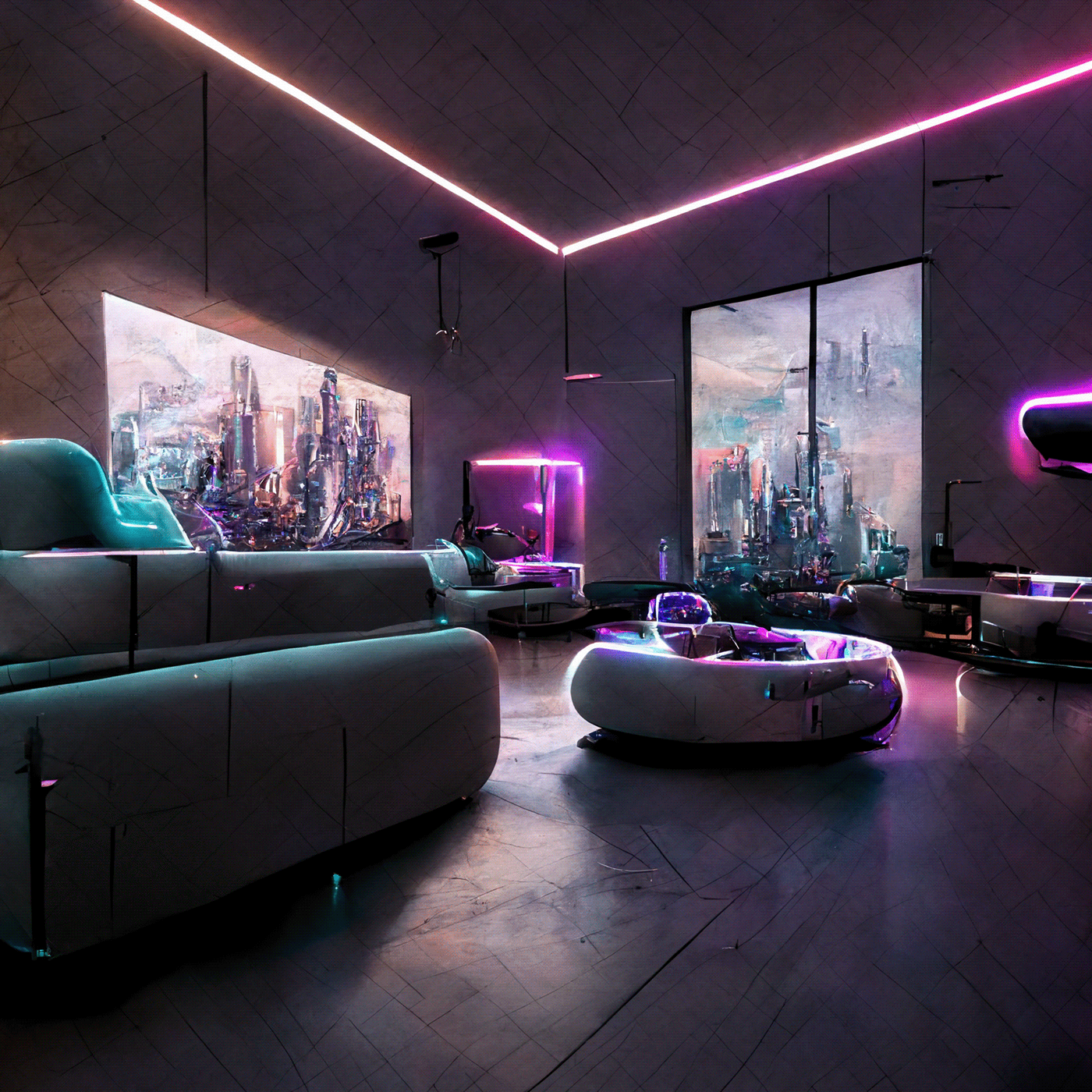
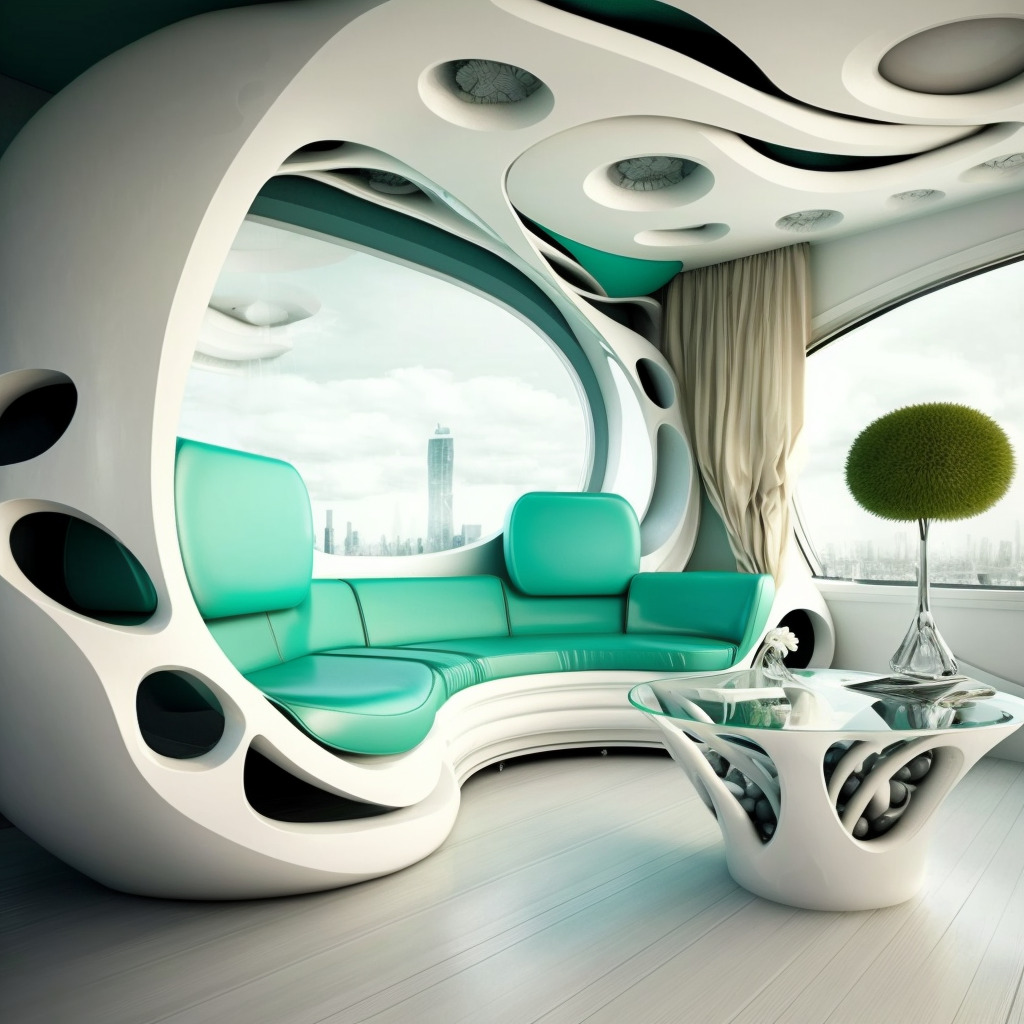
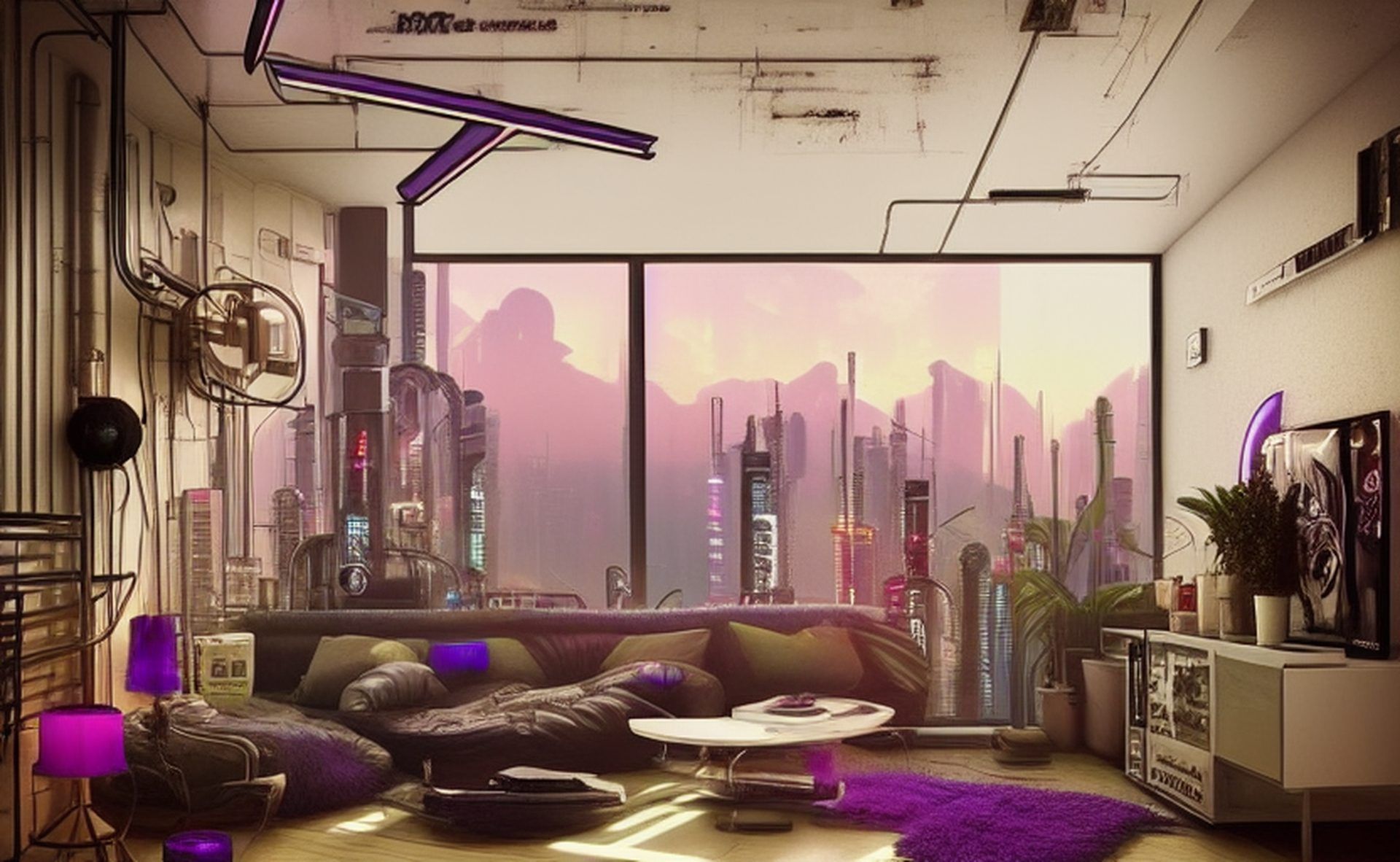

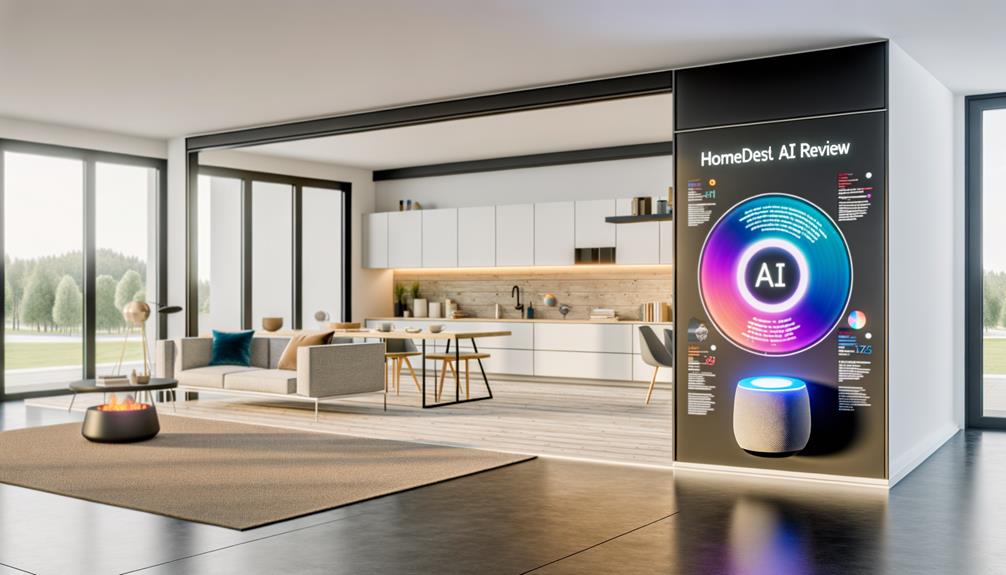


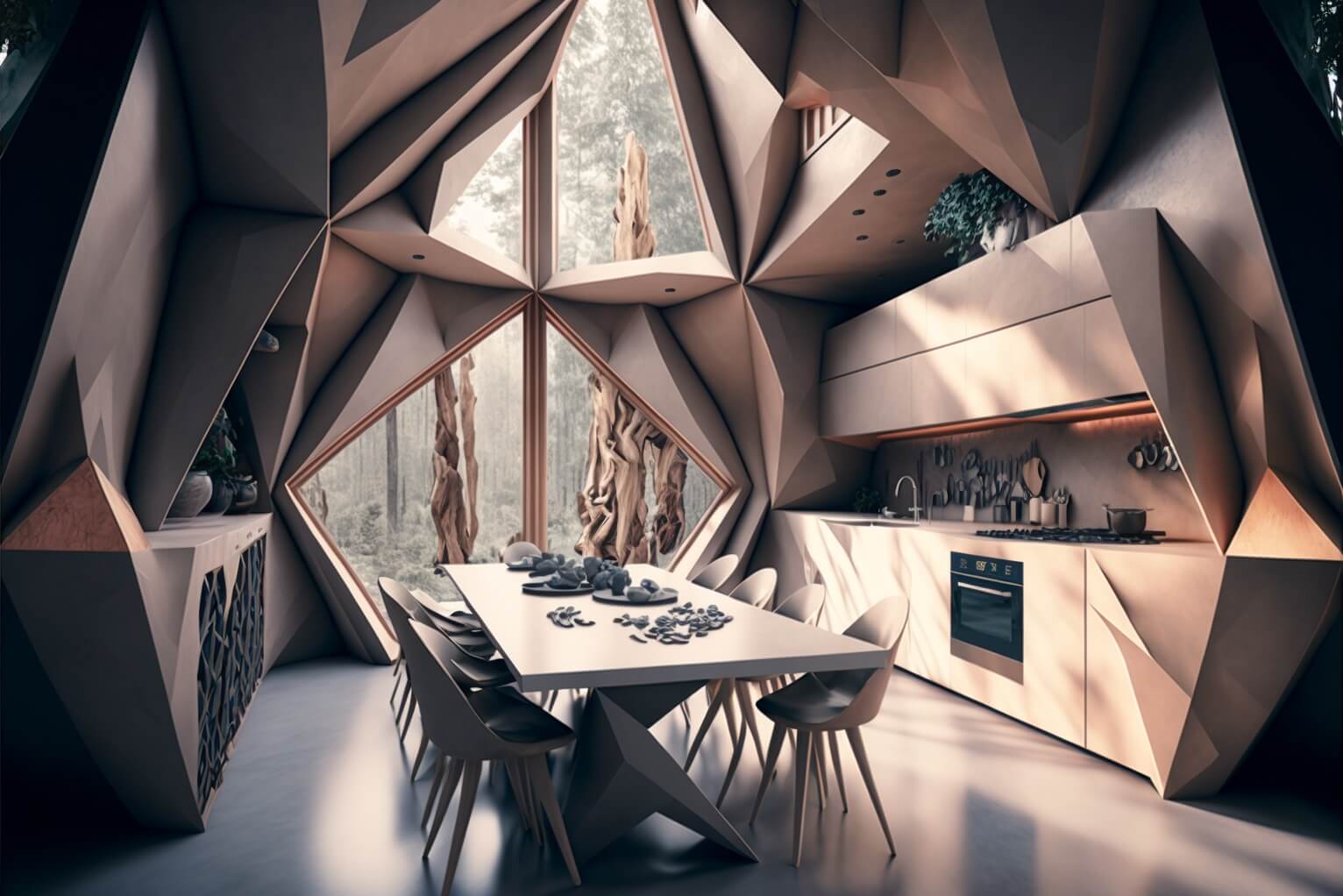
Closure
Thus, we hope this article has provided valuable insights into The Rise of Artificial Intelligence in Home Decor: A New Era of Personalized Design. We appreciate your attention to our article. See you in our next article!